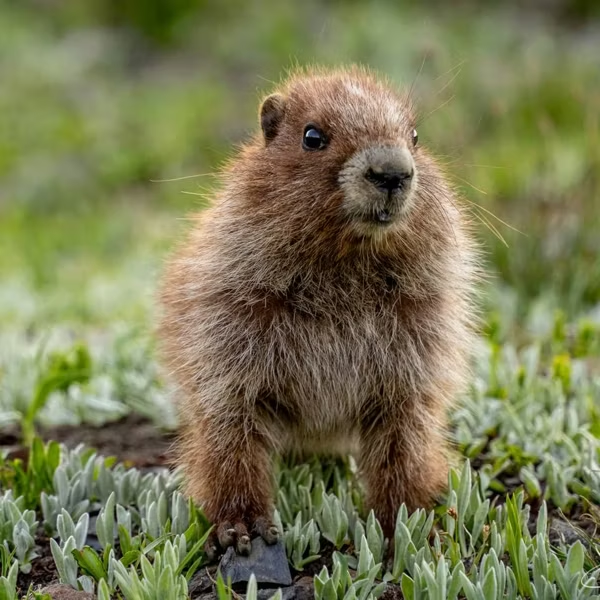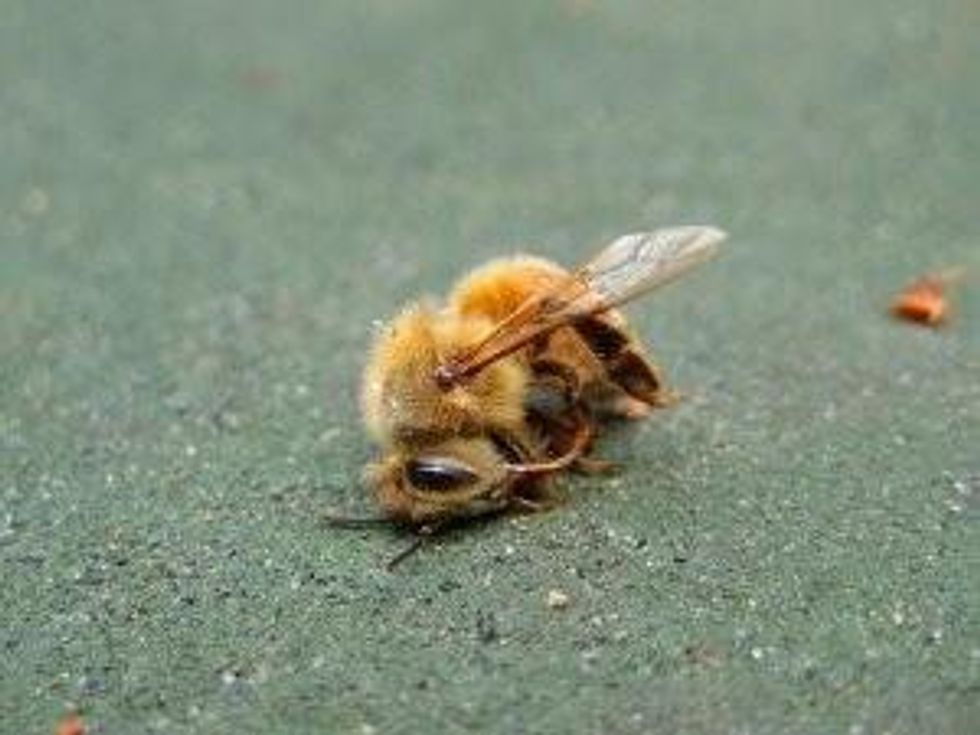Gardeners, beware.
Plants sold in popular retail stores listed as bee-friendly may actually be contaminated with
pesticides toxic to the pollinators, a new study warns.
In the study from Friends of the Earth and Pesticide Research Institute, researchers looked at samples of pollinator-friendly soft-stemmed flowering plants as well as tomatoes and squash seedlings from Home Depot, Lowe's and Orchard Supply Hardware in San Francisco, the Washington DC area and the twin cities area in Minnesota.
They found residues of neonicotinoids ("neonics")--a class of pesticides shown to cause harm and possibly death to bees and other pollinators--in 54% of the samples.
"Our investigation is the first to show that so called 'bee-friendly' garden plants contain pesticides that can poison bees, with no warning to gardeners," Lisa Archer, director of the Food and Technology Program at Friends of the Earth, said in a statement.
The study points out that while bees are often exposed to neonics through agriculture, "cosmetic use of these pesticides in gardens, lawns, and landscapes may be an important factor in declining bee and wild pollinator health."
In April the European Union voted to enact a two-year ban on the widely used pesticides, which, "even at doses that don't kill bees," said Emily Marquez, staff scientist at Pesticide Action Network, "weaken bee immune systems and impair critical brain functions, making it hard for bees to find their food sources and return to the hive."
Bees are in trouble, and they can't wait years for action on these killer pesticides, says Nichelle Harriott, staff scientist at Beyond Pesticides. "Retailers, EPA and Congress need to step up their efforts to protect pollinators."
Friends of the Earth and their allies are asking consumers to send a letter to the heads of the retailers asking them to stop selling bee-killing pesticides, and demand Congress to stand up for bees and support the Save America's Pollinators Act.
_________________________




